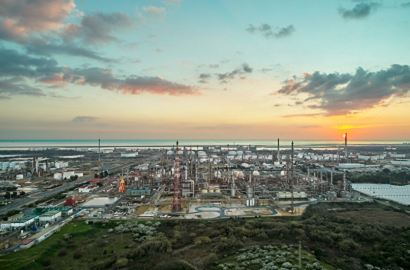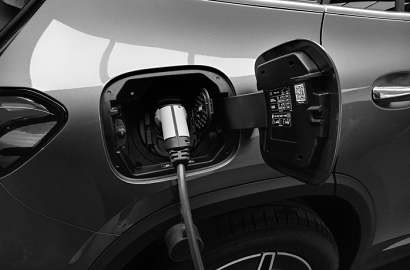Cepsa to manufacture biofuels using organic waste in Huelva

It will invest up to one billion euros in the new plant, whose construction will create 1,600 jobs
Cepsa has announced plans to build a new, second-generation biofuel production plant on the La Rábida energy park in Palos de la Frontera (Huelva). The energy company is expecting to invest up to a billion dollars in a project that will create around 1,600 direct and indirect jobs during the construction phase.
The plant will take organic waste ranging from used cooking oil to farm waste and transform it into renewable diesel and sustainable aviation fuel (SAF). As well as feeding the circular economy and stopping these materials from ending up in landfill, the initiative has the potential to reduce carbon dioxide emissions by up to 90%.
Leader in biofuels
The company intends to lead the market in this type of fuel in Spain and Portugal, and to produce up to 2.5 billion tonnes annually by 2030. The main attraction of this initiative, part of the Positive Motion strategy, is to drive decarbonisation in particularly difficult-to-electrify segments such as heavy road, air and maritime transport.
Of the 2.5 billion tonnes it expects to product, up to 800,000 will be sustainable aircraft fuel, thus addressing one of the sector's main challenges. This is how Cepsa aspires to become a benchmark in the energy transition. The company is working on a complex plan to develop an ecosystem that will enable it to accelerate its own decarbonisation and that of its customers at the same time. It is betting on green hydrogen and biofuels to achieve it.
Net zero emissions
According to its road map, Cepsa will reduce its carbon dioxide emissions by 55% by 2030 and achieve net zero emissions by 2050. The energy company also wants to take things further, having a positive impact by contributing value in the communities where it operates.
Cepsa explains that the development and use of biofuels like those it plans to manufacture in Huelva contributes to four of the 2030 Sustainable Development Goals: SDG 7 (affordable and clean energy), SDG 8 (decent work and economic growth), SDG 12 (responsible consumption and production), and SDG 13 (climate action).
Photo: Cepsa




